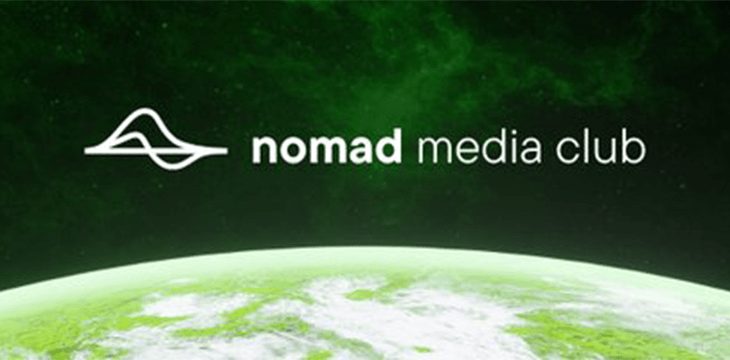|
Getting your Trinity Audio player ready...
|
I interviewed Amine Oubrahim, founder of Nomad Media Club on how to spot and avoid NFT scams. Predictably, most of the advice is common sense, but given the unregulated, rogue nature of the NFT markets in general the subject is worth discussing.
Oubrahim states the most important factor is the team page of the NFT issuers. Vetting the individuals behind the project is key, as it indicates if this is a serious business or not, as well as the likelihood of the so-called rug. This is difficult, as a couple of the most successful NFT projects had anonymous founders (BAYC), setting a dangerous precedent for subsequent projects, as one of the value propositions of the “crypto” is engaging in free trade without controls, regulations or identity. Oubrahim goes on to compare NFT purchasing is as risky as investing in a pre-seed round of a startup, that expectations of returns need to be reasonable.
I have $2M in Ether.
I create an NFT piece.
I use my $2M to buy my own NFT.
I still have my $2M in ETH, and I also have an NFT piece that is worth $2M according to price history.
I sell my #NFT to someone for only $200K, or at a 90% discount!
Now I have $2.2M in ETH.
CtrlC+V— NikhilDPrince.crypto 🇮🇳 (@NikhilDPrince) April 10, 2021
Another reason for the team to be anonymous is to engage in wash trading which is very prevalent in the NFT markets. Most exchanges do not require KYC to trade, and anyone can spin up as many accounts and addresses as they would like. If a coordinated pump of an NFT can result in one “Greater Fool” buying, the project earns a profit as their only cost basis is the initial mint.
Oubrahim states transparency is needed as that will allow the market to mature and reduce the number of scams to near zero. Some exchanges are requiring KYC to mint the NFT which is a positive step forward. As the space grows up, the NFT markets start to look more like traditional investing with reasonable expectations of returns, instead of 10x’ing your investment in a manner of hours.
Given the current market conditions, Oubrahim asks if an NFT buyer is looking for crazy returns in a day, they should ask themselves: “Who are they going to get that money from?” That question highlights the zero-sum and unsustainable nature of the digital currency and NFT markets to date. To curb expectations, he goes on to state investors should look at NFT purchasing “like Kickstarter on steroids” which is an apt comparison given the risk level and expectations of returns.
The decrease in NFT trading volume overall along with users being more vigilant in spotting scams has forced the market towards utility. As the teams must get more creative with giving value to the NFTs, the model pushes away from the anonymous trading and exit scams towards a stronger relationship between the issuing team and their buyers. Such was the entire initial premise of Bitcoin, to remove trusted third parties from value exchange.
Oubrahim strongly believes that utility NFTs allow entrepreneurs the “opportunity to target different niches” and that “the market is large enough for everybody” inferring that those creators with a high barrier to entry in the previous Internet model now have opportunity to get involved, create, and strengthen the relationship with their fans, customers, and users.
Watch: Gareth Soloway talks digital investments on CoinGeek Weekly Livestream

 02-15-2026
02-15-2026 




